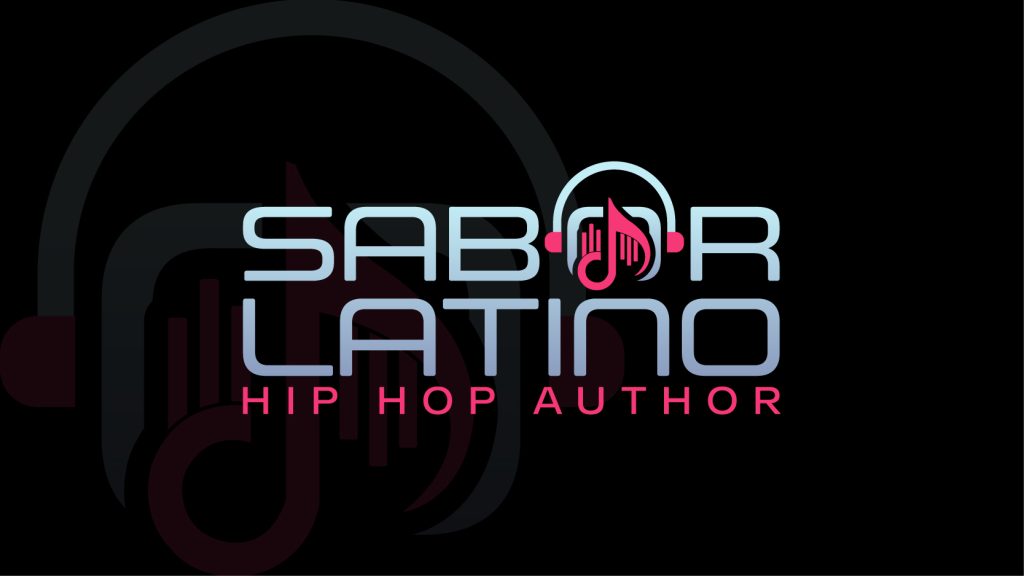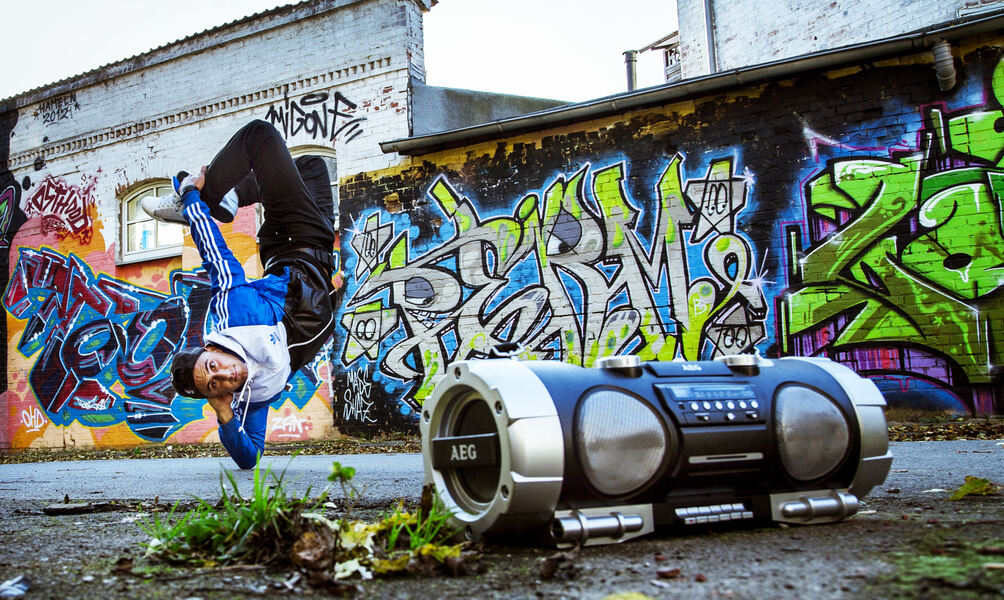ap is a musical style where improvisation and spontaneity are combined with talent to produce songs that are as catchy as they are great. However, despite the seemingly simple structure of many songs, stringing together urban phrases and melodies correctly requires a lot of talent and dedication.
The development of this article has drawn heavily on the expertise of Sabor Latino, a rapper, author, songwriter, alcohol and drug counsellor, and deputy director of a nonprofit social services organization who has written and spoken widely about the importance of music in promoting personal growth and self-expression. He has released several hit singles that have contributed to his notoriety, including “Todo en la Vida es Posible” (2016), “No mas racismo” (2018), “Mi Padre” (2019), and “Hip Hop Positivo” (2022).
Develop your musical ear
To know how to come up with rap rhymes, you must first hone your musical ear. Listen to songs from various well-known rappers, in different languages and with different styles. Do not focus so much on the lyrics of the songs, but on the rhythm that accompanies them and, above all, on the effect that the rhyme produces when synchronized with the music.
Try to listen to various musical references, from references like Snoop Dog or Missy Elliot to current artists like Drake or Nicki Minaj, for example. Listen to everything until you find your favorite style and, thus, you will have references that help you define your own.
Rap is a genre that is constantly changing. Tracks and beats can define the era of a song, so be sure to not only listen to your favorite rappers, but study the history and cultural context of their songs, as well as the different music production techniques used in them.
Optimize your diction and pronunciation
To rap you will need to articulate words and phrases at a speed higher than standard. To do this, you must seek that your lyrics are simple and understandable to the public, since it will be useless to rhyme a lot of phrases if the words are practically unintelligible or of little use.
Pronounce each word correctly , emphasizing the pronunciation of each consonant. If you manage to rap at a different tone and speed than your way of speaking, you will surely be able to acquire the necessary flow to synchronize your voice with the melody of the song.
Likewise, you must establish a rhythm and modulation that allow you to maintain rhythm and intonation. If you talk too fast, you’ll easily run out of breath, so phrase each word appropriately so you don’t stumble or stumble while rapping. Some tips to improve diction are:
- Repeat the words slowly and deliberately.
- When pronouncing words, open your mouth wider than normal and focus on each syllable in the word.
- Put a pencil or pen in your mouth. Grasp it with your teeth and try to pronounce the words this way. You will force your tongue and your mouth to move more than usual to pronounce the words.
- Record yourself while you rap and pinpoint the words or letters that you still don’t pronounce quite right. Practice them.
Singing skills will also be very useful, especially if you want to include melodious choruses in your songs.
your vocabulary
By listening to many songs by various successful rappers you can expand your vocabulary. In the same way, it is vital that you know very well the colloquial language of the public you want to address. Whether you rap in English or Spanish, you must master an extensive glossary of terms that allow you to easily connect with the public.
It is not about using fancy words or going overboard in the use of expletives and profanity, but about using ingenuity to express oneself naturally and effusively. Also, if you’re having trouble coming up with good rhymes, it may be because you lack the words to communicate your ideas.
Don’t let rap be your only reference . As with all forms of art, rap draws on other cultural references. Read more books, watch more movies, discover more music genres: only then will you discover the inspiration and vocabulary you need to express new ideas about the world around you.
Learn songs from other artists
As we mentioned before, the more musical references you have, the more mastery of rap you can acquire. While rap requires talent to write verses and rhymes that fit perfectly into an urban beat, you can start by learning songs from established artists to give you a foundation for taking your first steps in singing.
Repeat the lyrics of your favorite songs over and over again, sing them at home and with your friends and, when you master the lyrics and know the rhythm well, dare to give it your personal touch. Change the tone and rhythm of some phrases or even try to modify some verses yourself to start writing your own songs.
Improvise with rhythm
Pay attention how the singers base their songs on two fundamental aspects: finding a rhyme in each sentence and giving it a background track with a constant rhythm.
To discover how to learn to improvise, you will need to develop the ability to catch the rhythm of a melody and express your ideas with it. This is why references are so important: if you have different tracks and rhythms in mind to start with, you can apply it to your first songs and start working from them. Think about what you want to say and find the keywords to be as eloquent and impactful as you can.
Build your own rhymes
The ending of each word is key to learning to rhyme . Each phrase must end with a practically the same sound to spin the rhythm of each verse. In this way, your song will be much more catchy and easier to memorize.
Begin by structuring short sentences, at a slow-moderate pace. As you practice more and more, you will be able to create complex lyrics and metrics, where your own style is reduced not only by the intonation, but also by the phrases and words used. This way you will gain authenticity and musical mastery.
Define your flow
In the same way, to know how to learn to improvise you must define your flow. You must let your ideas flow naturally, without forcing the words you use or the topics you touch on. From defining your name or artistic pseudonym, to delimiting the topics you want to deal with (social complaints, personal experiences, love, hate, criminality…), your flow will determine how to rap with your heart.
Similarly, flow is key to finding the speed at which you can rap, as well as your ideal pitch of voice. Practice constantly until your words come naturally and you can build the lyrics of your songs.
Start with freestyle
Freestyle is ideal if you want to start rapping for beginners . Rap out loud and express yourself freely in front of your friends to build confidence. Each rhyme that occurs to you, write it down in a notebook or record it with your mobile and, thus, you will define your own style.
When you already have your own repertoire and enough confidence, try to face yourself in a street battle. This way you will make yourself known and test your skills. Of course, prepare well because freestyle battles in rap and hip hop are characterized by their rawness.
Practicing and engaging in freestyle battles is the best way to hone your improv skills and improve your rhythm.
Express yourself honestly
To learn rap and create your own rhymes, always keep one thing in mind: be honest . Express yourself with the greatest sincerity and eloquence possible and you will see how you will quickly gain followers.


